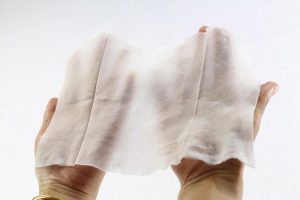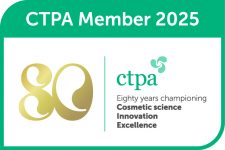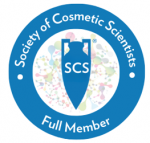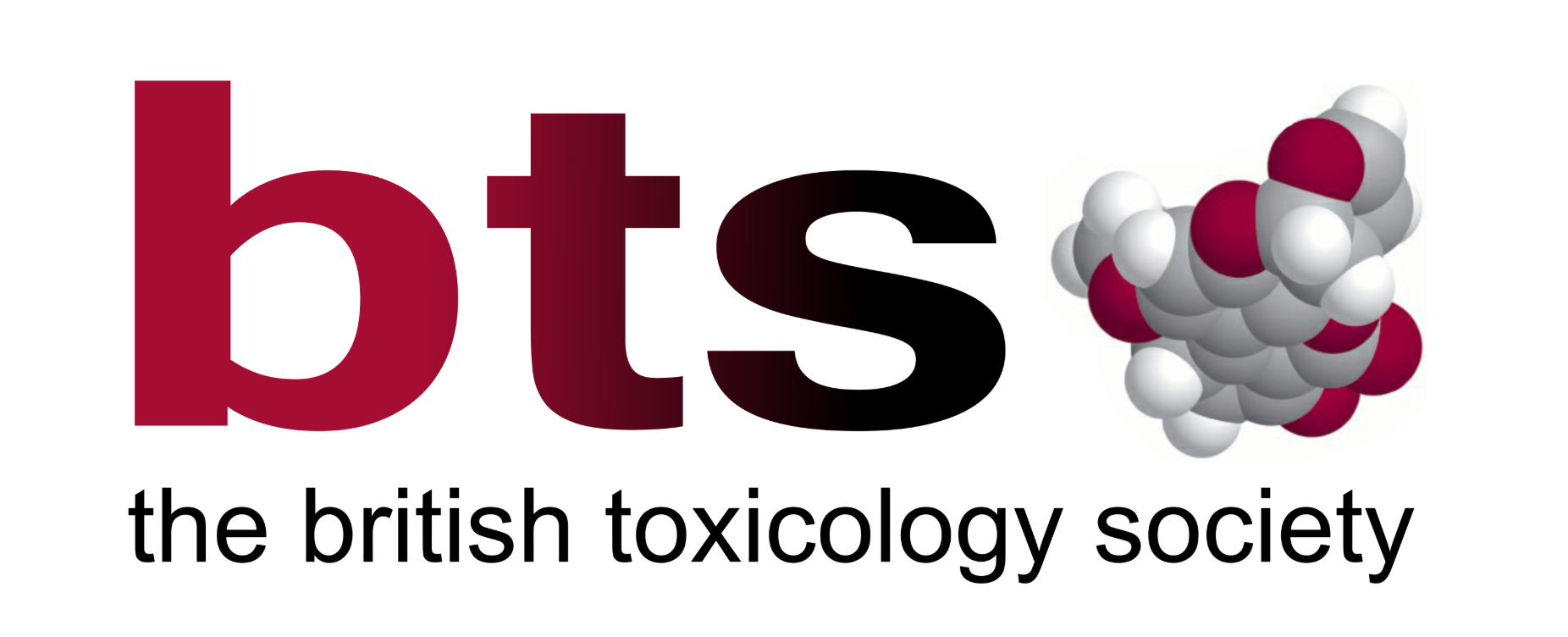Wet Wipes Ban in Wales: What It Means for Cosmetic Brands
 There’s a major change coming for cosmetic brands that sell wet wipes or sheet masks in the UK. A new law in Wales means that from 18 December 2026, it will be illegal to sell or supply plastic-containing wet wipes to consumers in Wales.
There’s a major change coming for cosmetic brands that sell wet wipes or sheet masks in the UK. A new law in Wales means that from 18 December 2026, it will be illegal to sell or supply plastic-containing wet wipes to consumers in Wales.
This is part of the confirmed wet wipes ban Wales 2026, and now England, Scotland and Northern Ireland are also preparing similar rules.
If your products include pre-wetted wipes or masks, you’ll need to act soon to stay compliant.
What’s Changing in Wales?
On 18 June 2025, Wales adopted new Wet Wipes Regulation (The Environmental Protection (Single-use Plastic Products) (Wet Wipes) (Wales) Regulations 2025). The law defines a “wet wipe” as any non-woven piece of fabric that has been pre-wetted, including sheet masks and facial wipes.
From 18 December 2026, it will be an offence to sell or supply these products if they contain plastic.
Only wet wipes used for medical care or treatment are exempt.
What About the Rest of the UK?
There’s now clear movement across all UK nations.
- England has published a draft Statutory Instrument (SI) proposing similar rules. The legislation is expected to be passed after the summer 2025 parliamentary recess, with enforcement likely in mid-to-late 2026.
- Scotland and Northern Ireland are working on comparable legislation, with timelines expected to follow the same 18-month transition model.
Although enforcement dates differ slightly, it’s clear that all parts of the UK will soon ban plastic-containing wet wipes.
⚖️ Key Differences: Wales vs. England
| Feature | Wales | England (Draft SI) |
| Status | Law adopted June 2025 | Draft SI published July 2025 |
| Ban Date | 18 December 2026 | ~18 months after legislation passes |
| Definition | Pre-wetted non-woven wipes | Includes all polymer-based wipes, even bio-based |
| Exemptions | Only for medical use | Medical, registered pharmacy (with conditions), B2B |
| Offence | Supplying plastic wipes = criminal offence | Similar offence under Environmental Protection Act 1990 |
In short: the Wales ban is stricter in its scope and exemptions. England offers some extra flexibility for pharmacies and certain non-consumer supply chains.
What Cosmetic Brands Should Do Now
If you sell wet wipes, pre-wetted sheet masks, or facial cloths, these steps are essential:
- Audit Your Product Range
Look at your current formulations and materials. Many wipes contain plastic fibres (like polyester) even if labelled as “biodegradable.”
Ask your suppliers for full material breakdowns.
- Switch to Plastic-Free Options
Use natural fibres like:
- Cotton
- Bamboo
- Viscose or cellulose (check processing methods carefully)
Verify that no synthetic or plastic polymers (including PLA or PHA) are present.
- Update Your Compliance Documentation
Changing the wipe base or preservative system may require updates to:
- The Product Information File (PIF)
- Your Cosmetic Product Safety Report (CPSR)
I can support you with your CPSR updates to ensure full compliance before the bans come into effect.
Should You Act Now?
Yes. Even if you don’t sell into Wales, the other nations will likely enforce similar bans within months of each other. It’s simpler and more cost-effective to switch to plastic-free alternatives UK-wide now and update your documentation in one go.
Final Thoughts
The wet wipes ban Wales 2026 is only the beginning. Cosmetic brands of all sizes must prepare for a UK-wide move away from single-use plastic products.
This is a great chance to review your product lines, reduce environmental impact, and ensure your business remains compliant with evolving UK regulations.
About the Author

Geraldine Garrs is a member of the Royal Society of Chemistry, CTPA, British Toxicology Society and the Society of Cosmetic Scientists. Geraldine is an independent Cosmetic Safety Assessor and Chartered Chemist with over nine years of experience helping more than 700 brands ensure their cosmetic products are safe and compliant. She specialises in preparing Cosmetic Product Safety Reports (CPSRs) for UK and EU. Geraldine is passionate about supporting small cosmetic businesses and simplifying complex regulations. Learn more at www.generalcosmeticsafety.co.uk
Get in Touch
If you’d like to discuss any of your products or ranges, please use the contact form here.
Qualifications: CChem (Royal Society of Chemistry). MSc (Distinction), University of Strathclyde, BSc (Hons) Chemistry, University of Nottingham and Certificate – Safety Assessment of Cosmetics in the EU, Vrije University Brussels





